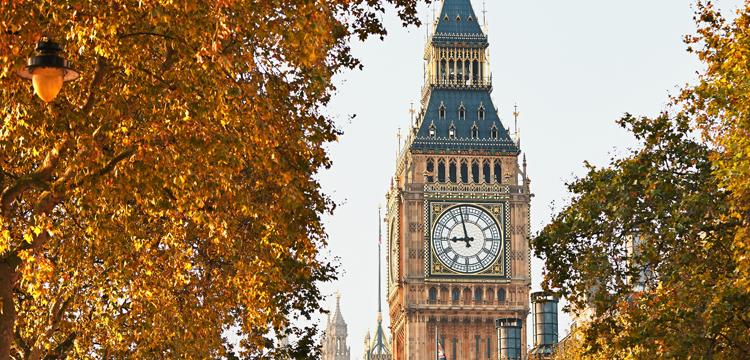Many had asked for a bold Brexit budget; the Chancellor has stated a more "balanced approach" but he just wanted to avoid another banana skin and avoid embarrassing U-turns like he did in March. There have been a few budget "howlers" in the past. Remember the "pasty tax". Arguably the quickest U-turn in budget history occurred earlier this year when Chancellor Hammond was forced to backtrack on self-employed national insurance increases.
Politically, Phillip Hammond has been under an enormous amount of pressure, from backbenchers to Brexiters and it seems as though the Prime Minister isn't a huge supporter either. In many ways, this was a make-or-break budget for the Chancellor. Despite the pressure and the fact that he has one hand tied behind his back, due to the minority government and projected worsening of the public finances, he has relaxed the purse strings and can feel confident that the budget will be passed. And feel confident that no embarrassing U-turns will have to take place. He has every chance of staying as Chancellor for a while longer; partly due to the weakness in the Government. One benefit of this is that his future career in stand-up comedy will be delayed!
There were some serious rumours that he was planning to reduce the VAT threshold for small businesses, which would have been political suicide and would have upset the best part of 5 million self-employed and small business owners.
There was more good news for the self-employed too, as the white-van man and woman will be left out of the diesel duty increases for new diesel vehicles that don't have the appropriate emissions.
The stand out headlines were notably the changes to stamp duty for first-time buyers. This was a great headline grabber and had the most approval from the backbenchers as they now have something to sell to their constituencies. However, many think this will benefit sellers rather than purchasers in the long run. But for the time being, first-time buyers will have the reassurance of this long-term commitment.
Another highlight was the further commitment to tax avoidance. However, for professional advisers who assist clients with tax advice this is going to be an even hotter, hot potato.
The finance and pension industry can breathe a small sigh of relief as it was refreshing to see pensions not given its annual "kicking" or tweaking.
Something for accountants to bear in mind for the future, and for future budgets, is the disparity that the IFS (Institute of Fiscal Studies) have highlighted. Owner mangers pay less tax to the exchequer than self-employed and employees. With the growing number of new start-ups, this will have an impact on the tax take in future years. I am confident this will be addressed at some point in the future.
Fact: The last chancellor to give an Autumn Budget was the Conservatives' Ken Clarke in 1996. When Labour won the election the following year, the new chancellor, Gordon Brown, opted for a Spring Budget instead.

You need to sign in or register before you can add a contribution.